What is Anzac day and what were the Gallipoli landings? Australia and New Zealand's day of remembrance
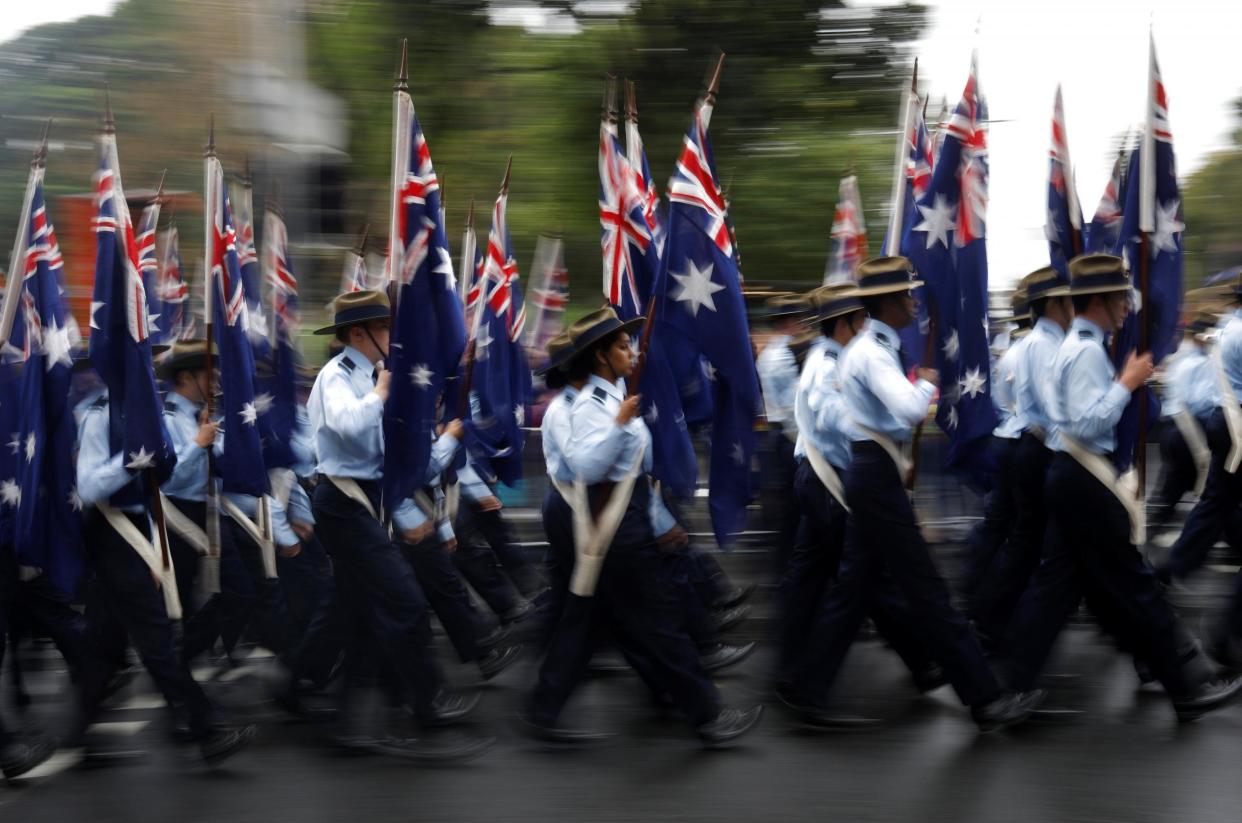
Meghan Markle and Prince Harry were among those to attend a moving Anzac Day dawn service honouring New Zealand and Australia's war dead today.
Trevor Mallard, speaker of the New Zealand House of Representatives, addressed the service saying: “In thousands of communities throughout Australia and New Zealand people have come together to acknowledge and pay tribute to those who left our shores and particularly to commemorate those who gave their lives for our freedom."
Here is everything you need to know about Anzac Day and why it is remembered.
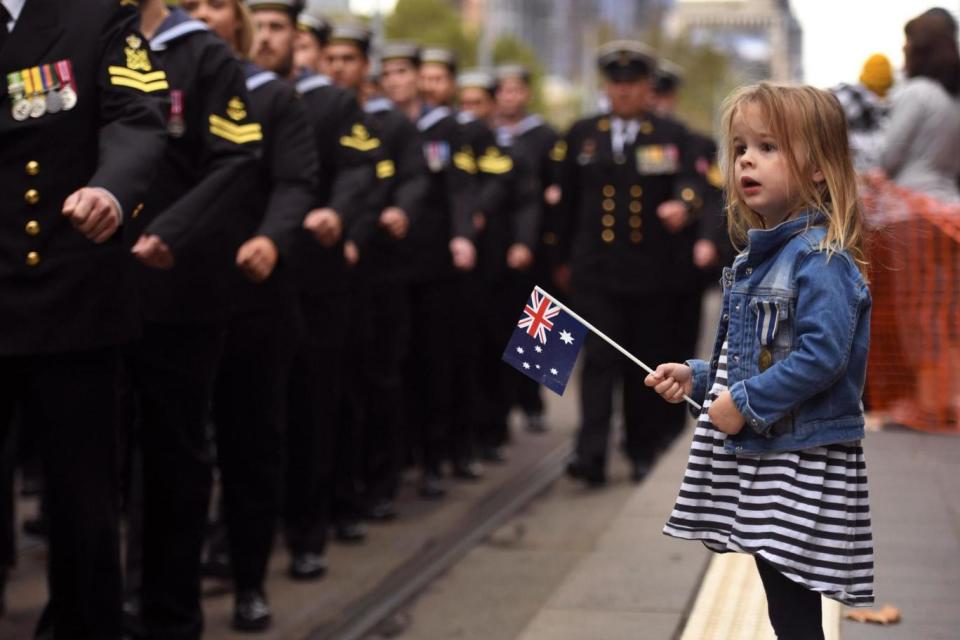
What is Anzac Day?
Anzac day was official made a day of remembrance on April 25 1916 to commemorate the Gallipoli landings during the First World War.
It has since then become an important day to Kiwis and Australians and is used to remember those lost in all conflicts much like Remembrance Day in the UK.
What does the term ‘Anzac’ stand for?
'ANZAC' is an acronym for Australian and New Zealand Army Corps.
On the 25th of April 1915, Australian and New Zealand soldiers formed part of the allied expedition that set out to capture the Gallipoli peninsula, these became known as Anzacs.
What were the Gallipoli landings?
On the morning of 25 April 1915, the allies, including the Anzacs, launched an expedition to capture the Gallipoli peninsula.
Their aim was to gain access to the Dardanelles - a strip of water the peninsular and mainland Turkey - which leads to the Black Sea and thus free it up for their navy.
This would then give them direct access to Constantinople (now Istanbul in Turkey) which, at the time, was the capital of the Ottoman Empire – a key ally of Germany during the war.
The plan was to hit Ottoman troops hard with a surprise attack and knock them out of the war whilst capturing their capital.
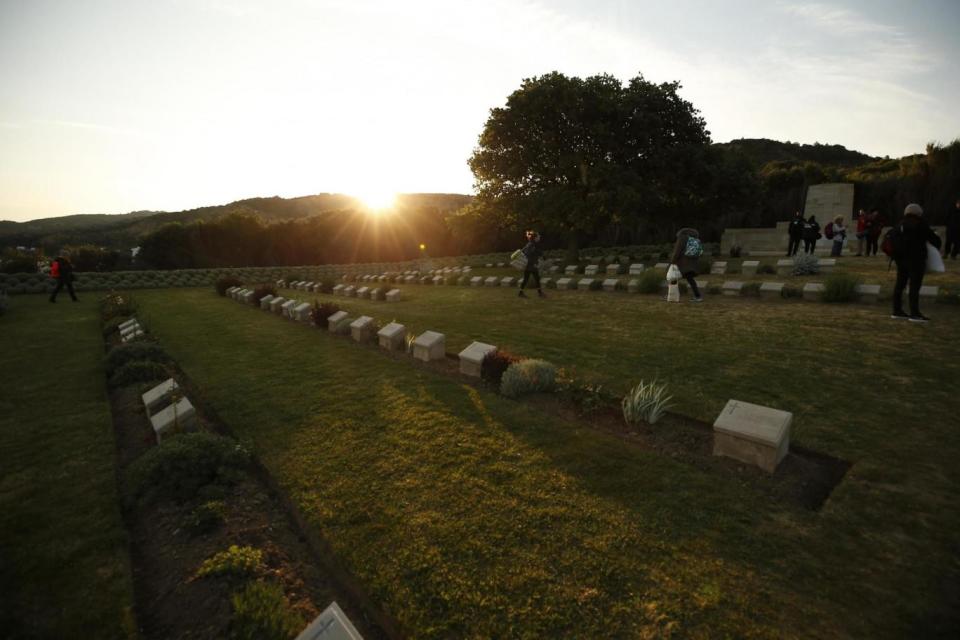
What happened?
The Anzacs were met with fierce resistance from the Ottoman Turkish defenders.
The expedition quickly entered a stalemate which then dragged on for eight months – leading to huge losses and casualties on both sides.
By the end of the year, when Allied forces were evacuated, their deaths totalled over 56,000, including 8,709 from Australia and 2,721 from New Zealand.
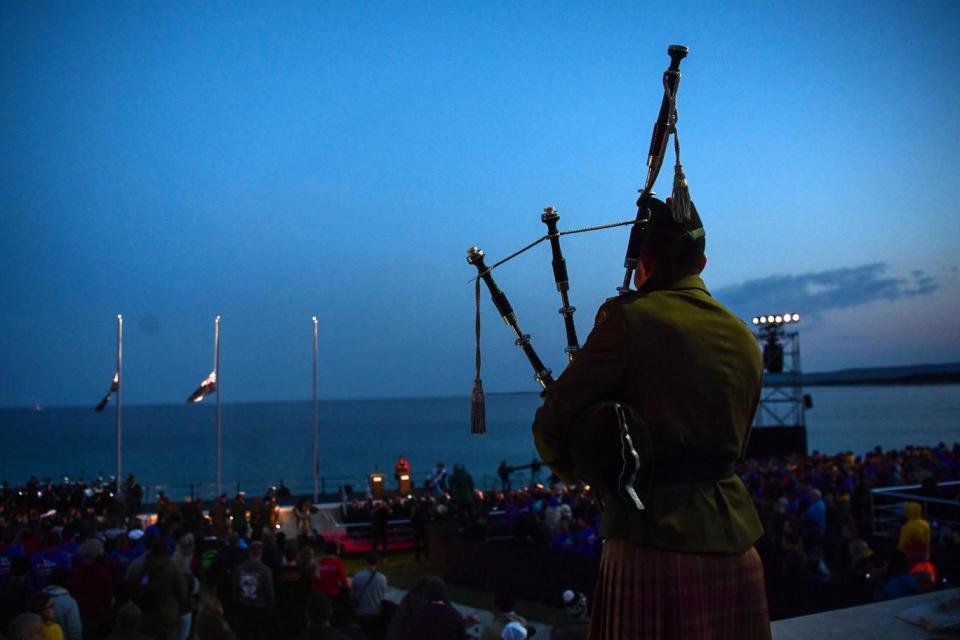
Why is it such an important day for the two countries?
News of the events at Gallipoli made a profound impact on Australians and New Zealanders and April 25 became the day on which they remembered the sacrifice of those killed.
On 30 April 1915, when the first news of the landing reached New Zealand, a half-day holiday was declared and impromptu services were held.
The actions taken by Anzac troops went down in history for their bravery and the hardships suffered, with many seeing their heroism as being key to national identity.
Following the Second World War, Anzac Day was used to commemorate the lives of Australians who died in both wars and now all military operations.
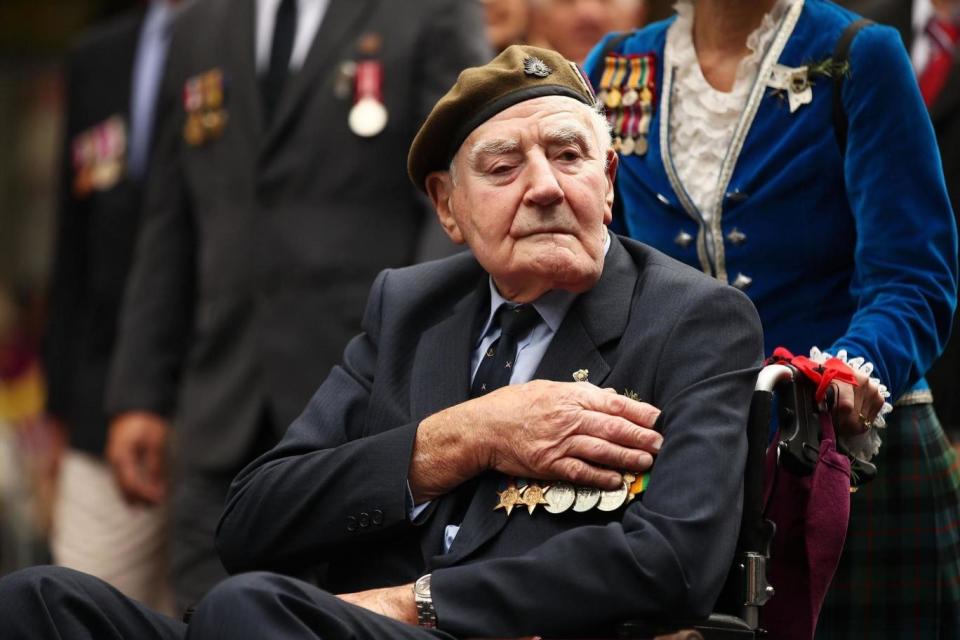
How is the day marked?
Memorial services are usually held at dawn to mark the time of the original landing in Gallipoli – in which those in attendance sing hymns and lay wreaths. The last post is played by military trumpeters.
This is followed by marches which take place in cities across Australia and New Zealand and commemorative services at churches and war memorials.
In London a special service is held at Westminster Abbey.
Traditions include wearing rosemary, which grows on the Gallipoli coast, and having a “gunfire breakfast” in which rum is added to coffee and reminiscent of what many soldiers had before entering into battle.

 Yahoo News
Yahoo News 
